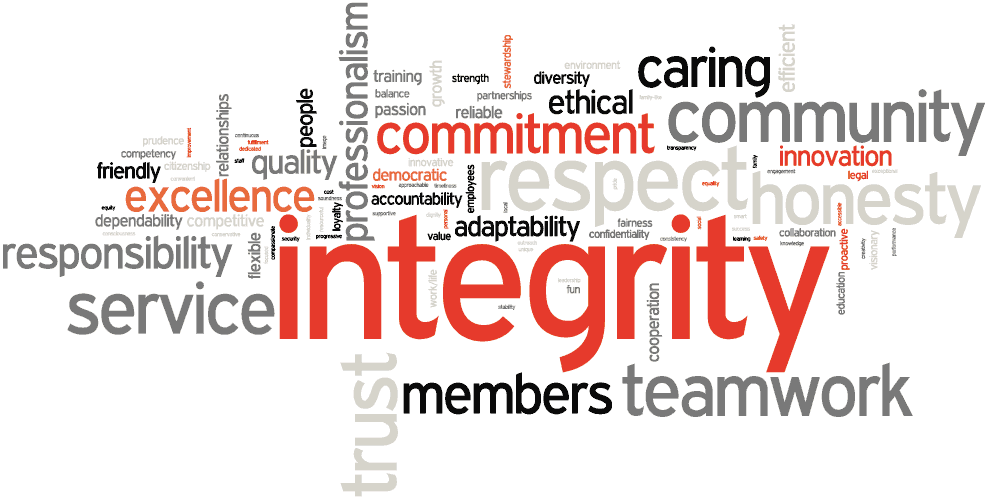The Challenges of Academic Integrity

The educational system is a key social component imparting literacy skills that will apply to the future labor market. Traditional academic stages include school, university, and postgraduate. According to Census Bureau — Digest of Education Statistics, the overall college enrollment rate for 18–21 age adults increased from 35 percent in 2000 to 41 percent in 2016. Higher education plays an increasingly important role in global knowledge and economy. However, the field of higher education is currently facing a series of issues in academic integrity, both before admission and after attending, such as diploma mills, forged transcript, cheat, bribe, plagiarize, etc. Academic fraud defines as the actions undertaken by university students to manipulate their academic performances that present to the labor market. The widespread and systematic academic problem reduces total social welfare and weakens the quality signal in the job market (Mavisakalyan & Meinecke, 2015). To understand how serious academic fraud has damaged the academia, we list some recent substantial fraud cases happened in the U.S. market.

Photo by https://unsplash.com/photos/qeIaMQP_xQE
Diploma Mills and Accreditation
Allen Ezell, former FBI agent who spent 40 years investigating fake diplomas, states that 40,000 to 45,000 students graduated from regular schools as Ph.D. each year, but there are more than 50,000 get fake doctoral degrees from the diploma factory. The investigation is shocking that more than half of the new doctors appearing each year in the United States are fake.
Axact, one of the world’s largest degree mill operations, was revealed in 2015. Over the past decades, it made fake credentials for approximately 217,000 people from 197 countries, with about one-third of them are US customers. At least $140 million were collected from US-based banks by Axact (Mir-Jabbar, 2017). Fraudulent documents would cause significant risks to society. It is hard to imagine that you entrust a doctor without a real doctoral degree to save the life.
Academic Frauds Posed to Employers
In 2018, an academic fraud by Dr. Piero Anversa caused a sensation in the medical industry. The prominent heart researcher was reported to use fabricated or falsified data in 31 published studies for over 17 years at Harvard Medical School and Brigham and Women’s Hospital in Boston (Kolata, 2018). The academic world is now suffering cheating extensively. These incidents make people want to question what role does the regulator play.
According to the Society for Human Resource Management in 2004, only 34 percent of employers did check educational qualifications claimed on resumes, despite the fact that more than 25 percent of graduates have inflated their educational achievements (“LinkedIn Resume Fraud: Do Employers Check Degrees?”)
Not only entry-level employees have fraudulent conduct, but more and more business executives were suspected academic fraud.
In 2012, ex-Yahoo CEO Scott Thompson was accused by a defective claim of his computer science and accounting degrees from Stonehill College rather than the real accounting degree only (Anand, 2014). In 2014, former Walmart vice president David Tovarm was discovered for lying about an art degree from the University of Delaware. In 2018, Samsonite CEO Ramesh Tainwala was fired after being accused of padding his resume of Ph.D. degree.

Photo by https://unsplash.com/photos/d9ILr-dbEdg
Incentives to commit academic frauds are varied and strong that ethics restriction is not persuasive enough to prevent these misconducts. The payoff for who commit to it is high relative to the cost, but it is substantially unfair to fellow students and creates negative externalities. Realizing the challenges involve in academic integrity arouse our reflection on developing educational verification platform.
References:
Anand, Priya (2014) 5 big-shots who lied on their resumes, MarketWatch, Retrieved from https://www.marketwatch.com/story/5-big-shots-who-lied-on-their-resumes-2014-09-18
Kolata, G (2018) Harvard Calls for Retraction of Dozens of Studies by Noted Cardiac Researcher, New York Time, Retrieved from https://www.nytimes.com/2018/10/15/health/piero-anversa-fraud retractions.html
LinkedIn Resume Fraud: Do Employers Check Degrees? Geteducated, Retrieved fromhttps://www.geteducated.com/life-experience-college-degree/305-linkedin professionals-found-listing-life-experience-degrees-on-resumes
Mavisakalyan A., Meinecke J. (2015) The labor market return to academic fraud, European Economic Review,Retrieved from https://www.sciencedirect.com/science/article/pii/S0014292115001828
Mir-Jabbar S. (2017) An Overview of Fraud and Degree Mills with Updates on the Axact Degree Mill Operation: November 2017 Newsletter, The Association for International Credential Evaluation Professionals. Retrieved from https://www.taicep.org/taiceporgwp/an-overview-of-fraud-and-degree-mills-with-updates-on-the-axact-degree-mill-operation-november-2017-newsletter/